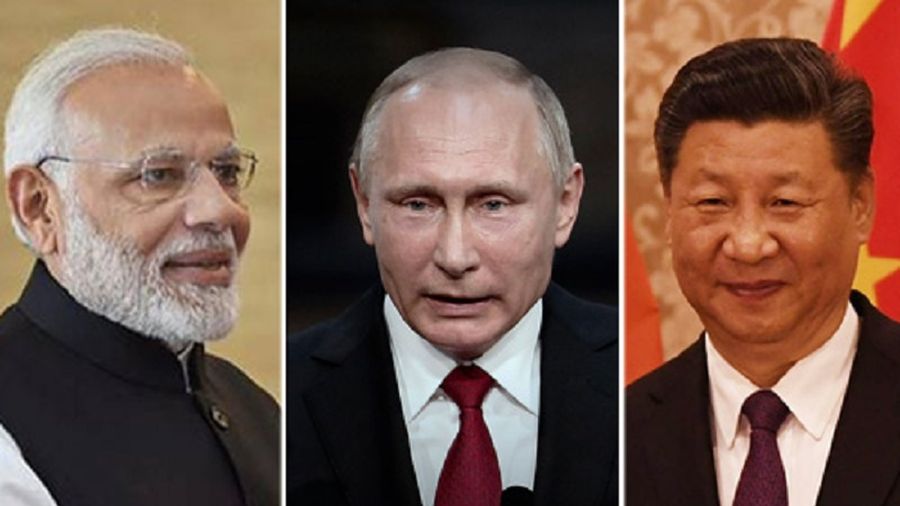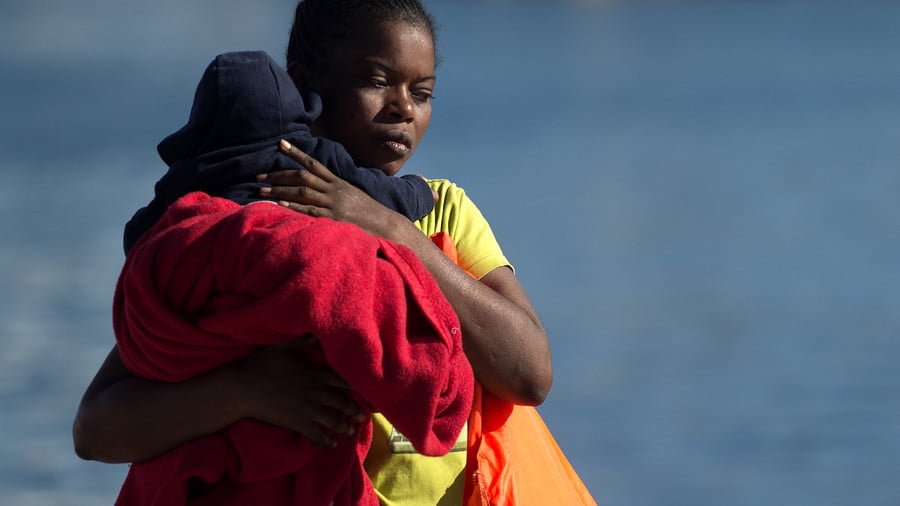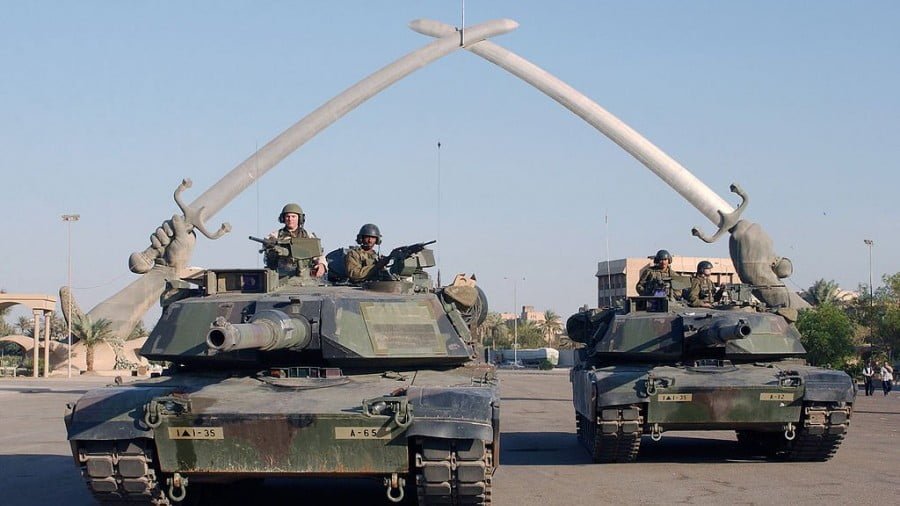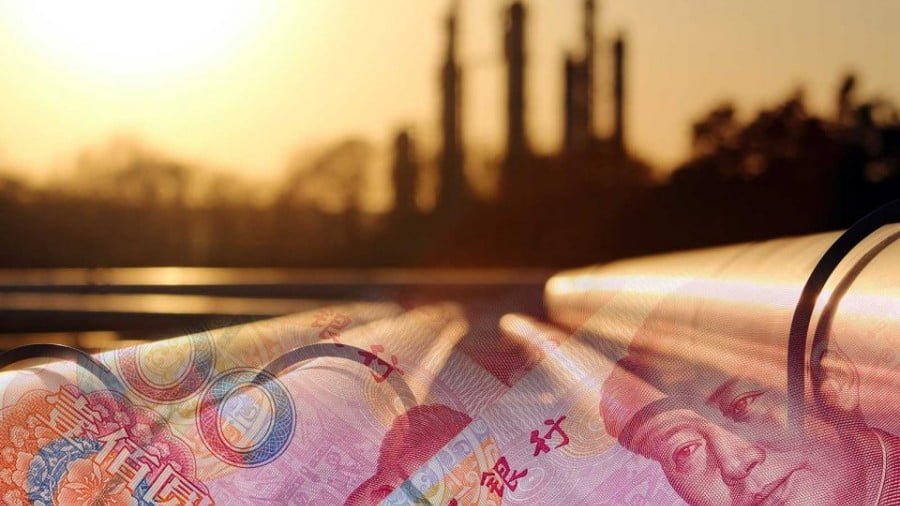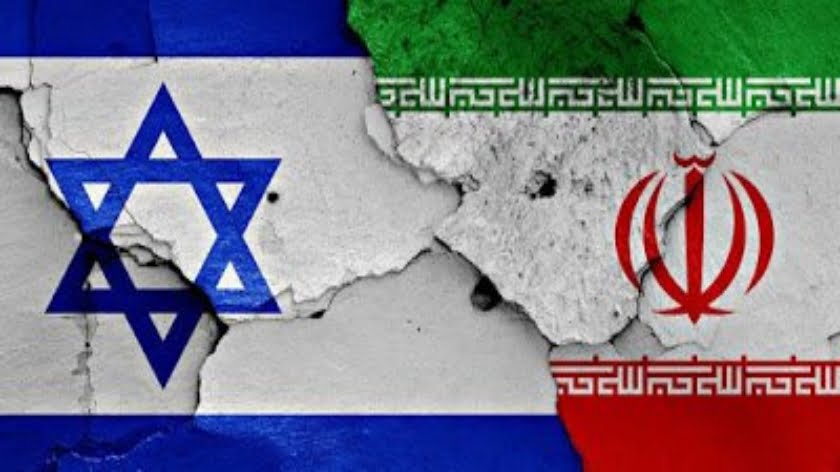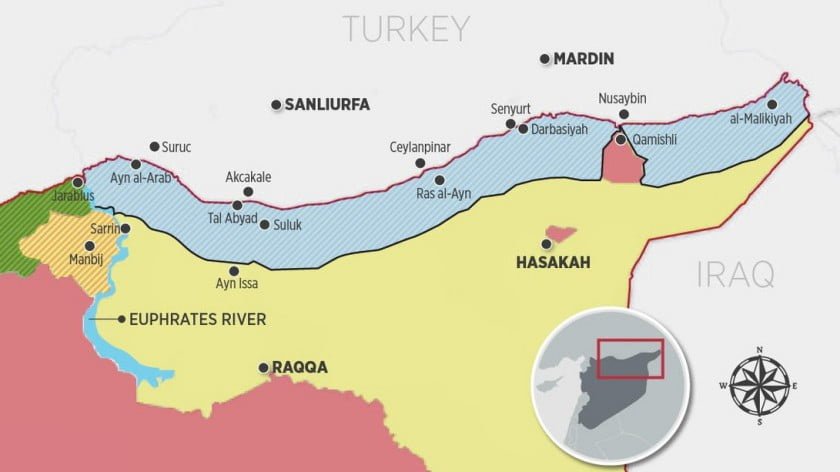What’s Russia’s Official Stance on Mediating Between China & India?
While new Russian Ambassador to India Denis Alipov confirmed that Russia isn’t presently mediating between its top two strategic partners of equal importance because it hadn’t been requested by them to do so, it certainly seems as though President Putin is encouraging China and India through his personal diplomacy with their leaders not to lose sight of all that they can accomplish by pragmatically working together via RIC.
Many in the Alt-Media Community (AMC) have wishfully hoped that Russia will mediate between its fellow Chinese and Indian partners in BRICS, the aforesaid’s RIC core, and the SCO in order to help resolve their economic, financial, investment, tech, and territorial disputes. That, however, isn’t the official Russian stance towards this issue. New Russian Ambassador to India Denis Alipov reaffirmed his country’s long-standing position that it’ll only do so if requested by both sides and won’t ever impose anything on either of them in an exclusive interview with Izvestia last month. He also reminded everyone of this policy on Thursday after China and India began their 14th round of border negotiations.
The interplay of importance that China and India have for Russian grand strategy is such that the Kremlin doesn’t ever choose one over the other since they’re equally significant for its Greater Eurasian Partnership (GEP). Although Russia unquestionably and unwaveringly supports India’s position on Kashmir, which lies at the crux of its territorial dispute with China in the Western Himalayas, it won’t impose its position on China. This is in spite of its former Ambassador to India having said in August 2019 following the abrogation of Article 370 that “our views are exactly the same”. That’s because the Russian-Chinese Strategic Partnership is strong enough for them to maturely disagree at times.
It deserves mentioning that all three sides are united in their shared desire to strengthen their RIC trilateral. President Putin’s trip to India in early December saw the two sides agree to a “Partnership for Peace, Progress and Prosperity”, the 73rd paragraph of which notes that “Both sides agreed to intensify cooperation within the RIC framework to promote common approaches to pressing issues on the global and regional agenda. The Russian side expressed appreciation for India’s chairmanship of RIC. Both Sides welcomed the results of the RIC Foreign Ministers meeting on 26 November 2021.” This shows that India still has an interest in pragmatically cooperating with China in mutually beneficial ways.
The same can be said for China, too. President Putin’s trip there earlier this month saw them agree to a joint statement “On the International Relations Entering a New Era and Global Sustainable Development”. The first sentence of the last paragraph begins by declaring that “The sides intend to develop cooperation within the ‘Russia-India-China’ format”. Prior to the Russian leader’s trip there and shortly after his return from India, his aide Yuri Ushakov revealed that President Putin discussed RIC with his Chinese counterpart in a video conference in mid-December. Both sides reportedly agreed to explore the possibility of holding another heads of state summit sometime this year if possible.
While Ambassador Alipov confirmed that Russia isn’t presently mediating between its top two strategic partners of equal importance because it hadn’t been requested by them to do so, it certainly seems as though President Putin is encouraging China and India through his personal diplomacy with their leaders not to lose sight of all that they can accomplish by pragmatically working together via RIC. This speaks to Russia’s true respect for their interests, both individually and collectively, that President Putin evidently feels so passionately about resolving their issues that he’d ensure that his joint statements with both of them always involve some positive reference to RIC.
Credit also goes to President Xi and Prime Minister Modi too, of course, who obviously agreed to include those references in their joint statements with Russia. Even though ties between China and India remain tense, especially over their unresolved border issue, they both have a common interest in comprehensively expanding strategic relations with their shared Russian partner. This observation confirms the success of Moscow’s 21st-century grand strategy of becoming Eurasia’s supreme “balancing” force, to which end it’s actively worked to manage Chinese-Indian tensions in gentle ways that respect their national interests and sovereignty while not ignoring the elephant in the room.
From this insight, observers can conclude that while Russia isn’t mediating between China and India, it also isn’t ignoring their problems either. That said, President Putin is very politely encouraging his counterparts to always remember the importance of RIC throughout the course of his regular interactions with them. This is the most balanced approach possible since it doesn’t impose anything on anyone because it eschews any proposals for resolving their disputes yet still serves to have them signal to one another and the rest of the world that they’ll always appreciate that trilateral format. This confirms just how deeply committed Russia and its leader are to the common cause of multipolarity.

